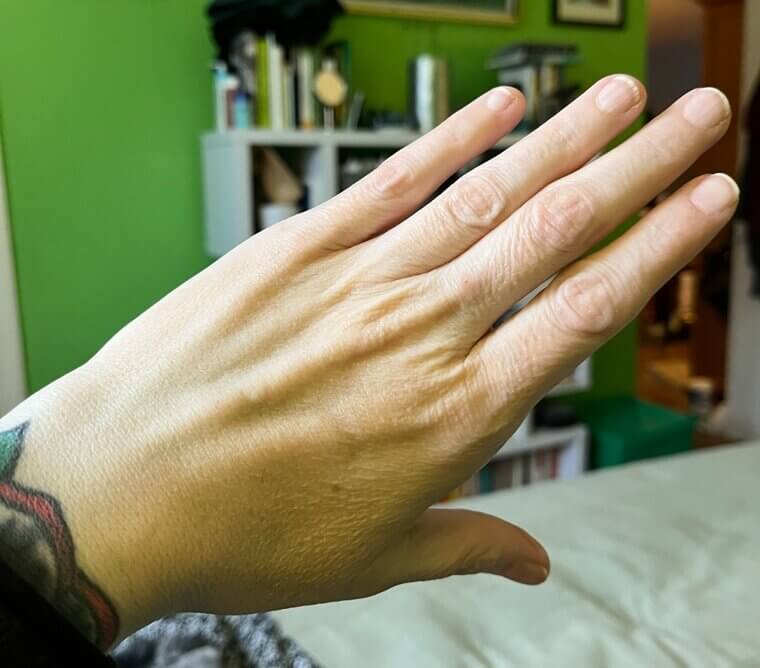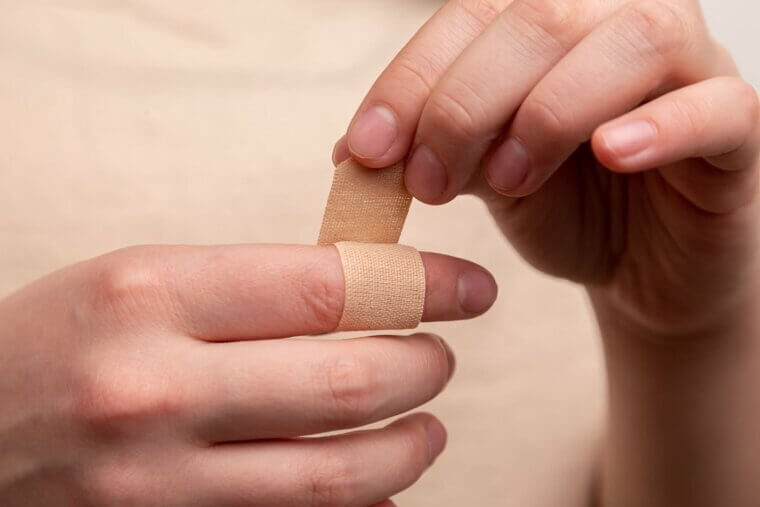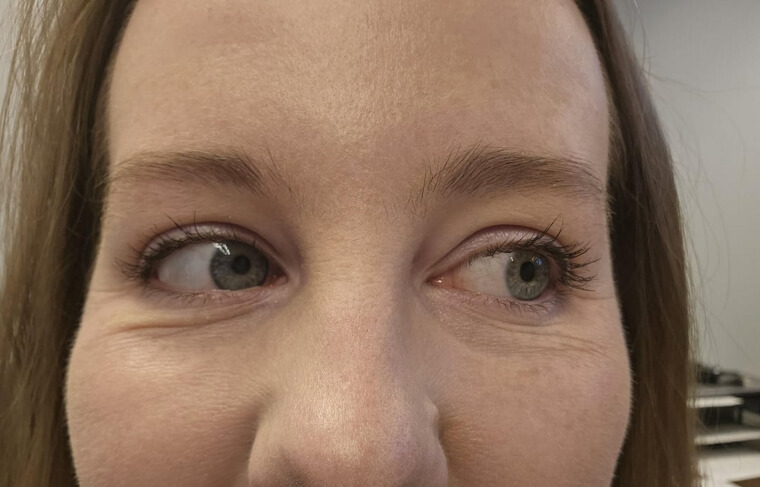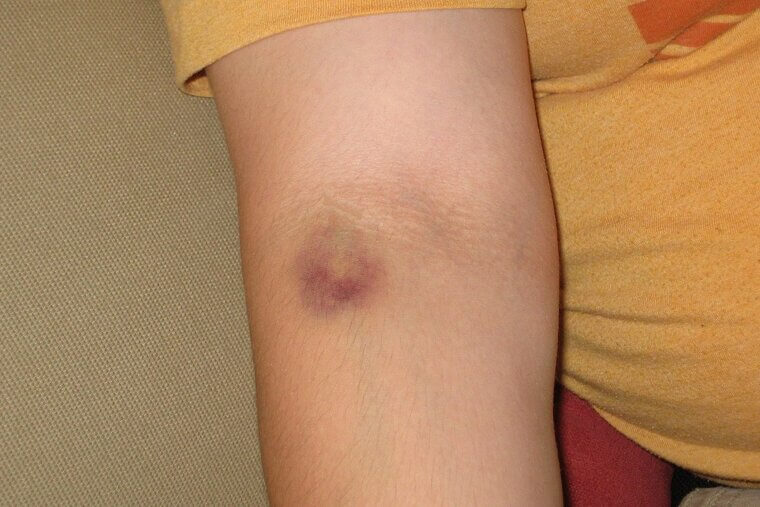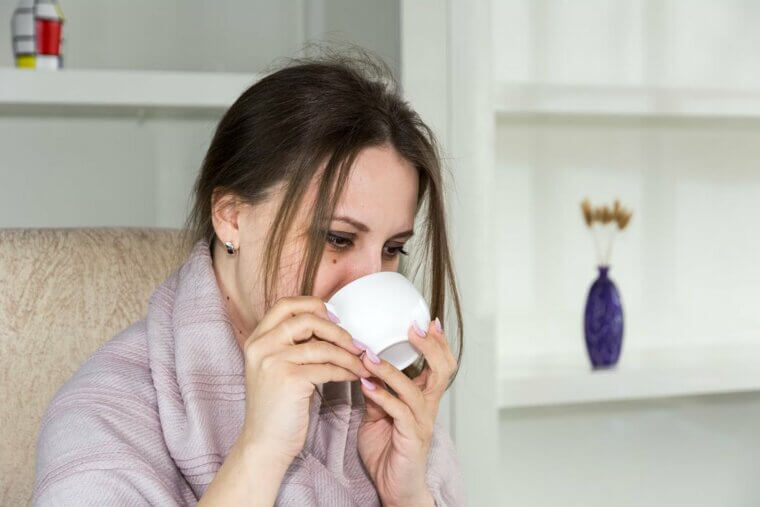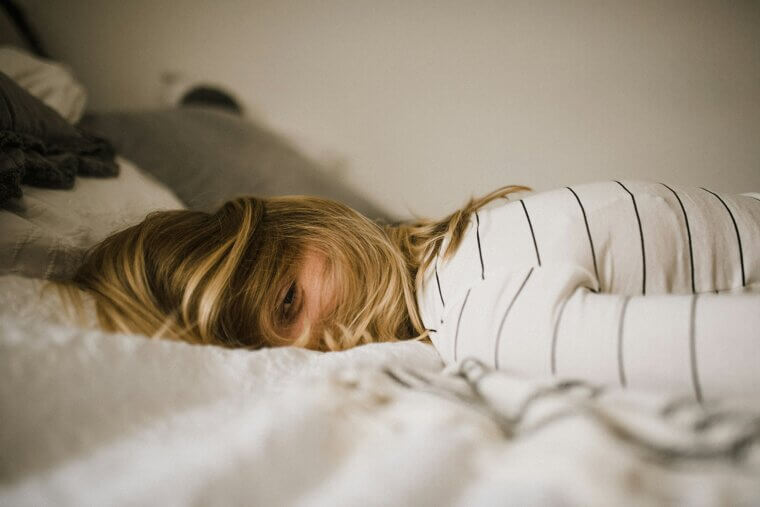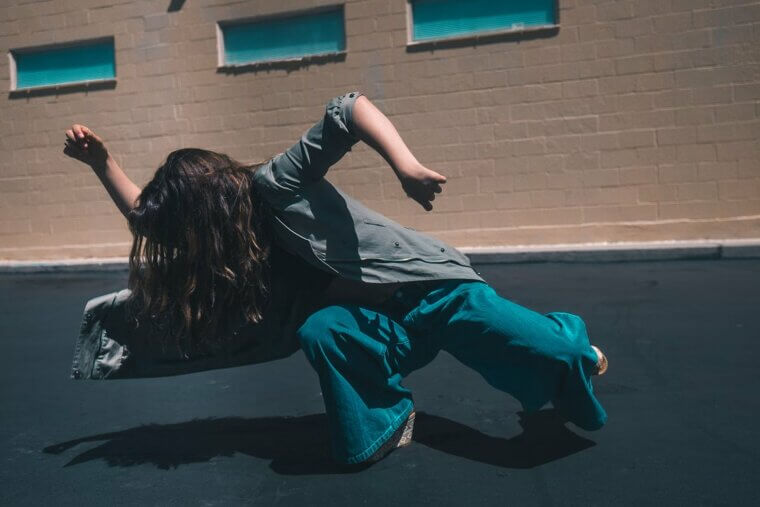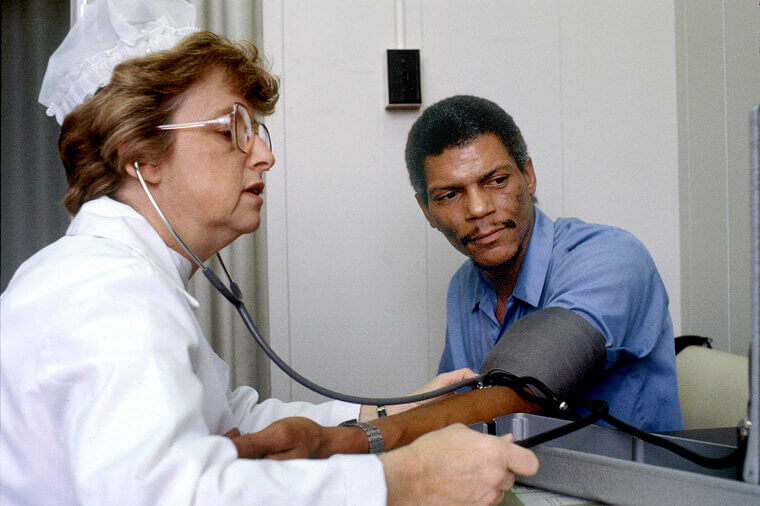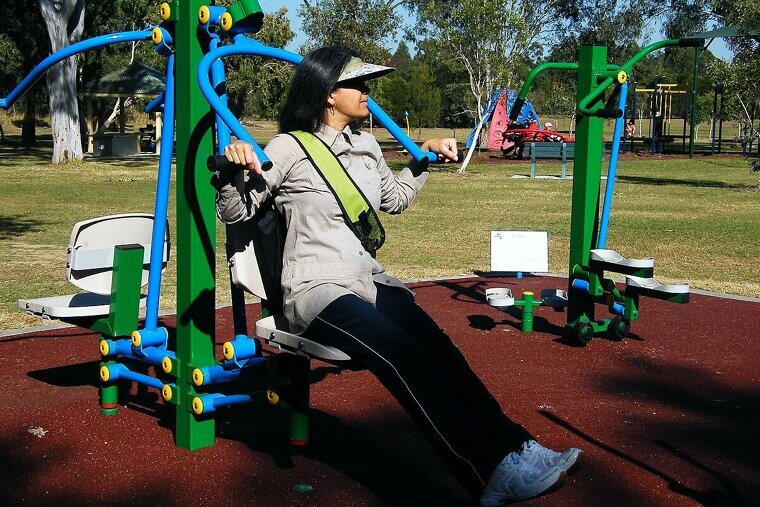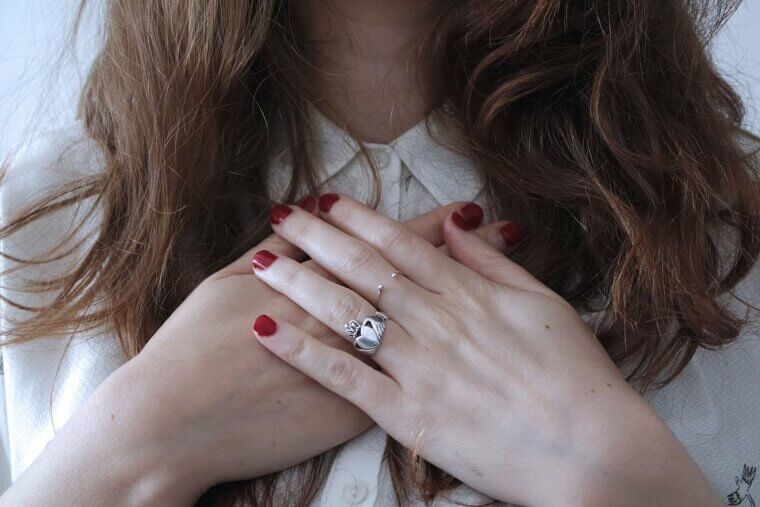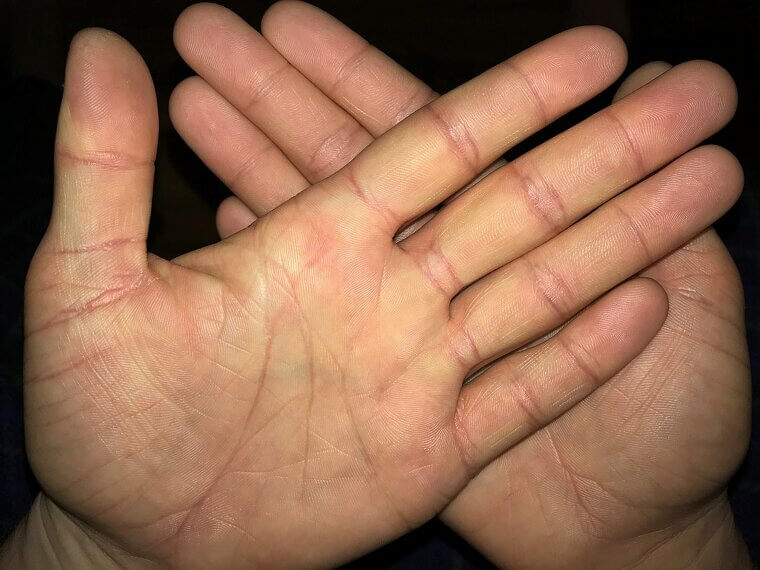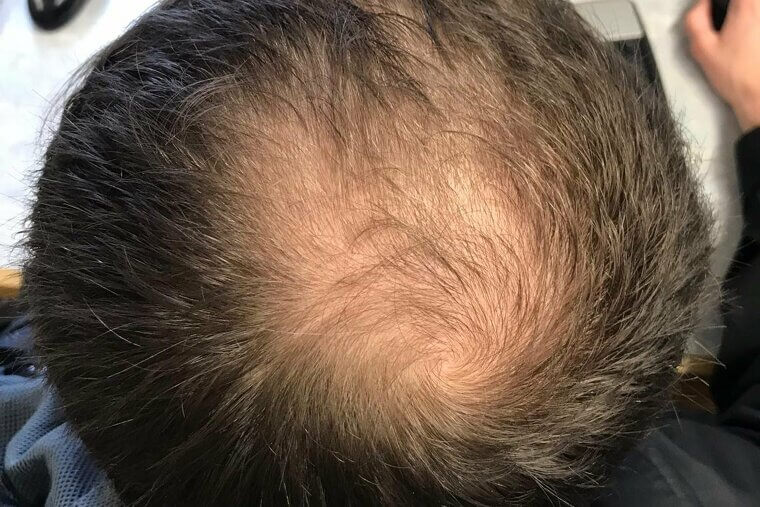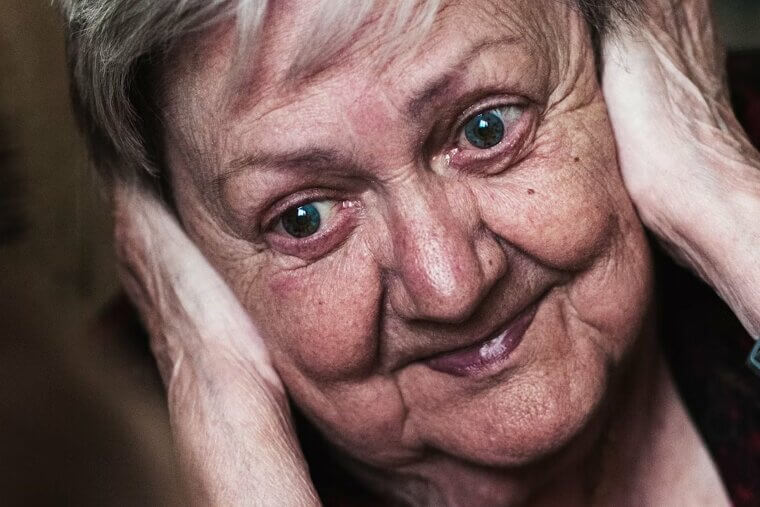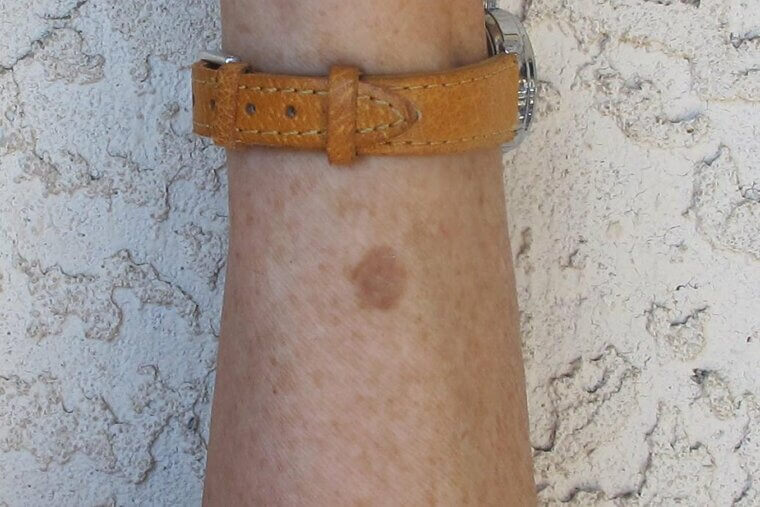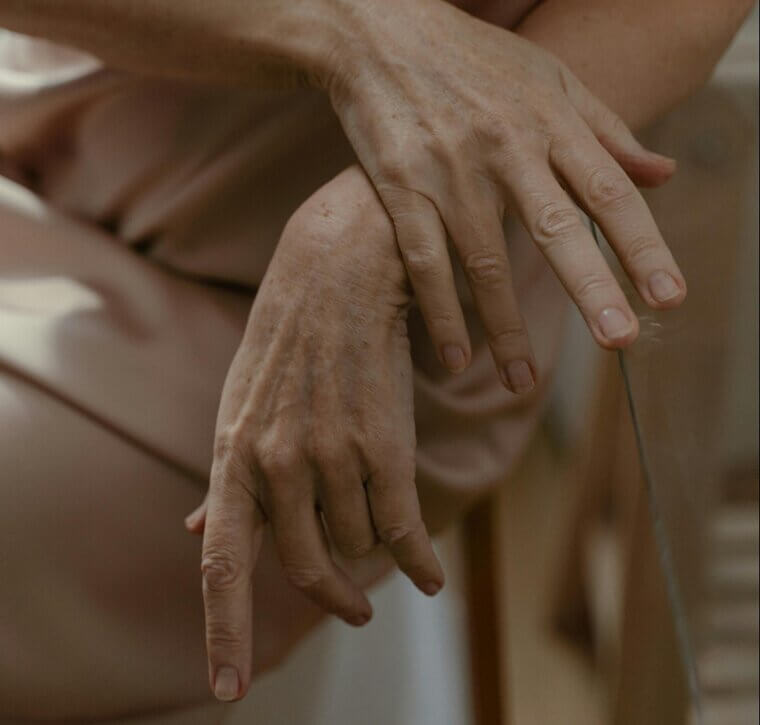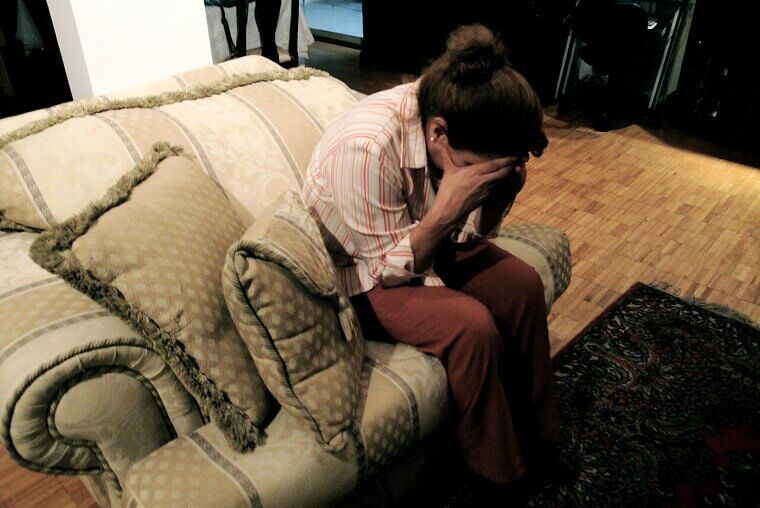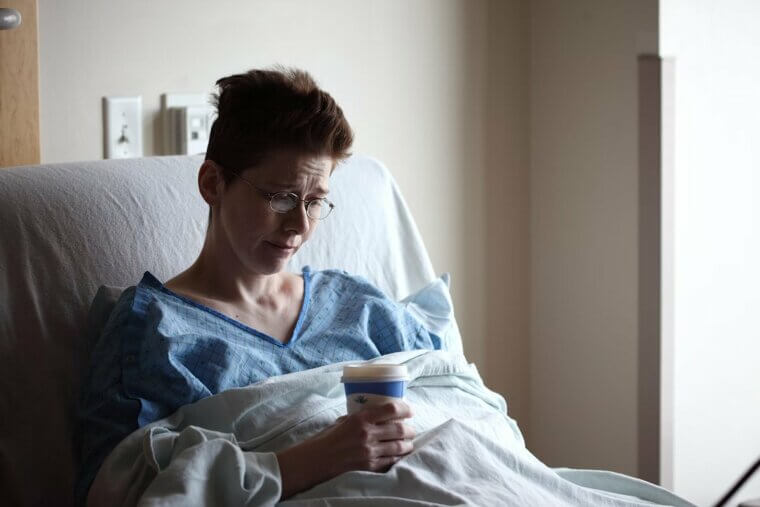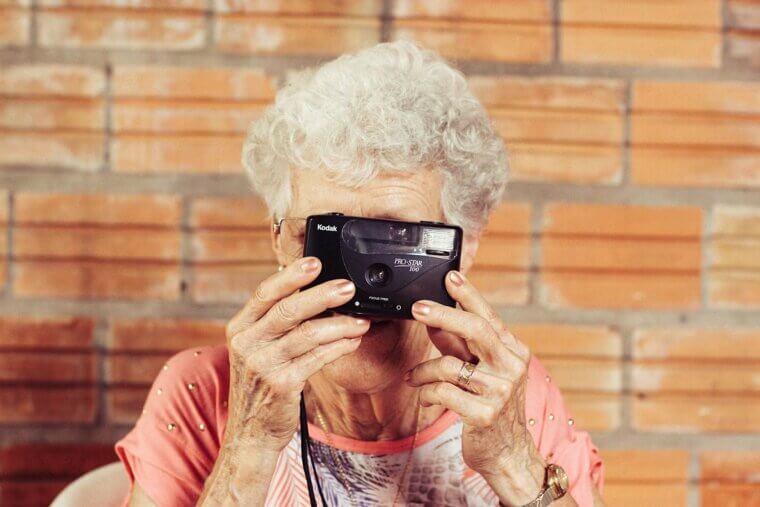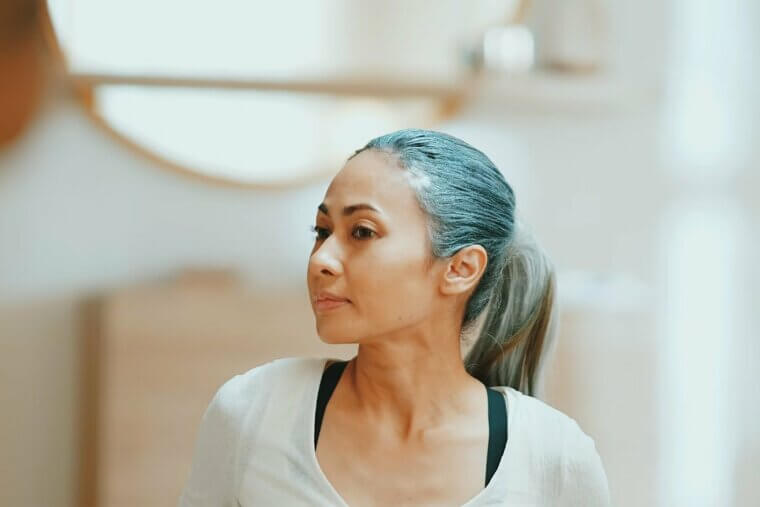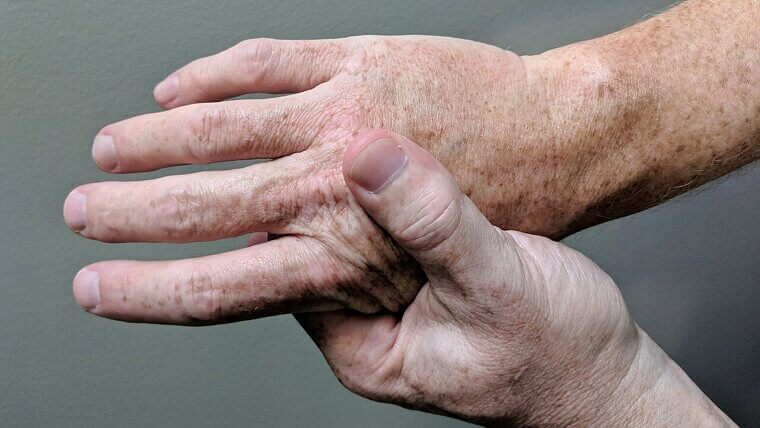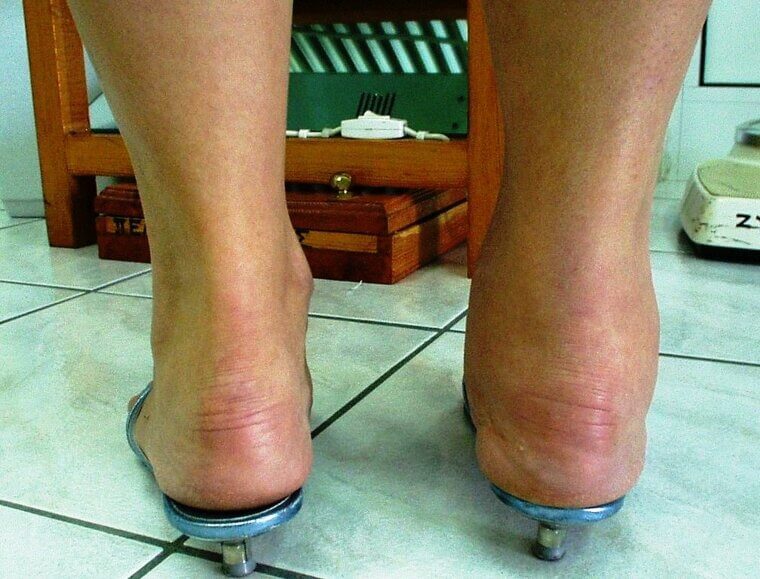Loss of Hand Grip Strength
Loss of hand grip strength is a common early sign of aging, related to muscle loss. But there are things you can do to try and bring the strength back again. Squeezing a stress ball helps, as does using grip trainers. But always make sure you speak to your doctor as well.
Slow Wound Healing
If you’re starting to get older, keep an eye on the wound next time you injure yourself. A weakened immune system and poor circulation can delay healing, and that’s obviously very bad for the body. See a doctor if you’re worried.
Excessive Wrinkles Around Eyes and Mouth
Wrinkles drive some people to despair, because it’s a sign they’re getting old. They’re often caused by dehydration, smoking, or sun damage, so be sure to drink a lot of water, seek help to quit smoking, and stay out of the sun as much as you can.
Skin Bruises Easily
Capillaries weaken with age, unfortunately, but a vitamin C or K deficiency can also speed it up. Try eating some foods rich in vitamin C, like citrus fruits and spinach, as well as good foods for vitamin K, such as meat and cereal.
Frequent Colds and Illness
Unfortunately, frequently colds and other illnesses are a classic sign of the body getting older. But there are things you can do. You may have a weakened immune response due to stress or nutrient deficiencies, so try and relax more and eat good food.
Difficulty Sleeping or Insomnia
Lower melatonin production and stress affect sleep. Try to remove stress from your life as much as possible, see a doctor and a therapist, but also consider eating some foods that will help you sleep. These include: nuts, milk, yoghurt and eggs.
Frequent Back Pain
Getting back pain while you age is a cliché, but it’s a cliché for a reason. Weak core muscles and poor posture lead to spinal issues. You need to start doing exercises for back pain, or maybe even work with a specialist.
Increased Sugar Cravings
Maybe when you were a kid, your grandmother always had a packet of sugary sweets around? Well, there’s a good reason for that. She may have had sugar cravings. You see, insulin resistance increases with age and poor diet.
Decreased Libido
Hormonal imbalances, stress, or poor circulation affect sex drive. You should see a doctor about this, but you should also try and eat better. Try oysters for a start. They have a reputation for helping with libido and it’s well deserved.
Loss of Interest in Socializing
This can be a sign of cognitive or emotional decline, but it can get better. You have to really push yourself to socialize, as this will prevent loneliness, which will make you age even faster. If you feel depressed, you should also see a doctor.
Poor Balance or Increased Falls
The poor balance is all to do with declining inner ear function and muscle coordination. Unfortunately, it’s just a pat of getting older. Minimize your exposure to loud noises, and see a doctor. V=Vestibular rehabilitation therapy may be what you need.
Increased Blood Pressure
Aging arteries become less flexible, leading to hypertension. There are foods you can eat to decrease your blood pressure, such as fruits, vegetables, whole grains and lean protein – but there’s a chance you may also need medication.
Reduced Lung Capacity
Poor posture and inactivity weaken lung function. You need to start sitting up more and doing a lot more exercise. A doctor will show you the best exercises for lung function: start off with small exercises and work your way up to big ones.
Dull or Weakened Sense of Smell and Taste
A weakened sense of smell and taste is often linked to nerve degeneration and zinc deficiency. See a doctor first and foremost, but there are many good foods you can eat to increase your zinc intake. This include seafood, red meat, nuts, and seeds.
More Sensitive to Temperature Changes
Slower metabolism and poor circulation affect body temp control, leading to a person becoming too hot or too cold frequently. If this is you, there are steps you can take. Drink plenty of water, seek out air-conditioned or heated spaces, and avoid alcohol as it will dehydrate you.
Frequent Heart Palpitations
These are often caused by stress, dehydration, or- if you’re getting older- declining heart function. Make sure you’re always getting plenty of water, especially if you live in a hot place, and stay away from alcohol. See a doctor if you’re really worried.
Higher Cholesterol Levels
Poor diet and lack of exercise increase bad cholesterol. So your first port of call should be to make some lifestyle changes. Stay away from fast foods, red meat and sugar, and start getting more exercise. Maybe try walking or cycling every day?
Hunched Shoulders and Poor Posture
This is tied in with back problems. Weak back muscles and bone loss cause slouching, and if you keep slouching, your back problems are only going to get worse. Make a concentrated effort every day to not slouch while you sit or walk.
Reduced Ability to Focus
Sleep deprivation and nutritional deficiencies impact cognition and make you feel like you’re aging faster. But you can do something about it. Get more sleep – you could even see a sleep specialist – and start eating better. Cut out the junk food and eat lots of fruits and vegetables.
Cold Hands and Feet
Cold hands and feet are a sign you have poor circulation. This is often due to heart health issues or low thyroid function. Go and see a doctor and they may be able to put you on medication that will help your heart or thyroid.
Constant Fatigue
If you’re constantly fatigued, this may be due to poor diet and sleep, and it’s time for a lifestyle change. Cut fast food out of your diet and definitely cut out alcohol and cigarettes. Eat healthy greens and fruits, and start exercising every day.
Thinning Hair or Hair Loss
Hormonal imbalances, stress, and nutrient deficiencies contribute to thinning hair or hair loss. If you’re very stressed, see a doctor, and they’ll be able to refer you to someone who can take care of your mental health. They will also be able to help with the hormone and nutrient issues.
Sagging Skin
Collagen loss due to aging or poor diet can cause skin to lose elasticity. There’s a whole industry devoted to stopping skin from sagging – but really you should be using creams and the like in conjunction with eating better and exercising more.
Age Spots
Overexposure to UV rays speeds up pigmentation changes, and that’s how you get age spots, the dark marks on your skin that are a classic sign of aging. Stay out of the sun and definitely stay away from tanning beds if you’re worried about getting age spots.
Brittle Nails
Lack of biotin, hydration, or underlying health conditions can lead to nail weakness, and you don’t want that. Make sure you’re always drinking a lot of water and start eating biotin-rich foods such as liver, eggs, and bananas. See a doctor if you’re concerned about any health conditions.
Increased Anxiety or Depression
Hormonal shifts and inflammation can affect mental health as you get older. You need to really be on top of your mental health at all times, seeing a therapist regularly if you need to. Some people may require antidepressants or other medical interventions.
Longer Recovery From Illnesses
Many when you were younger you could bounce back from illness easily, but as an older adult find it’s not so easy? This is all related to your immune system. Boost your immune system by eating citrus fruits, leafy greens, berries, garlic and ginger.
More Frequent Mood Swings
Frequent mood swings are often linked to blood sugar fluctuations and hormonal imbalances. If you’re finding yourself becoming more snappish with your loved ones, that’s not good news, so you need to see a doctor as soon as possible.
Trouble Learning New Things
As you get older, you may find you have difficulty learning new things. This is caused by lower neuroplasticity which in turn is caused by aging or lack of mental exercise. Start exercising your brain by doing puzzles every day. Many puzzle apps are totally free.
Graying Hair Before 30
Genetics plays a role in when your hair goes grey, but stress and poor nutrition can accelerate the graying. Of course, some people think that grey hair is cool, but you don’t want the stress and poor nutrition to overwhelm you. Start eating better and exercising more.
Weight Gain
Decreased muscle mass and poor diet cause a sluggish metabolism that will make you look and feel older. So it’s time to change your diet. Cut out the trans fats and sugary snacks, and start eating fruits and vegetables.
Frequent Joint Pain or Stiffness
Cartilage breakdown and inflammation accelerate with aging, leading to frequent joint pain and stiffness. You can place ice/heat packs on your joints to make them feel better, but in the long run it’s best to start managing your weight and contacting a doctor.
Puffy or Dark Under-Eye Circles
Poor sleep, stress, or poor circulation contribute to dark under-eye circles, and that’s not something you want. If you’re experiencing a lack of sleep, you’re probably seeing other symptoms too, so you need to try and manage the stress.
Slower Walking Speed
A key indicator of aging is a slower walking speed, and this happens due to muscle and joint decline. Keep active to improve your body, but see a doctor, as you may be suffering from arthritis. There are medications that can help with this.
Frequent Headaches or Migraines
Dehydration, stress, and inflammation contribute to frequent headaches or migraines. Make sure you’re drinking enough water, but if symptoms persist, it’s best to consult a doctor. They can prescribe you something to help.

